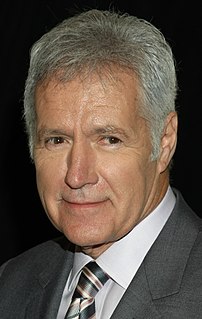A Quote by Noam Chomsky
If you destroyed half the pharmaceutical production in the United States, we'd think it's a pretty serious problem. In fact, we'd probably go to war.
Quote Topics
Related Quotes
I voted against the war in Iraq. I voted against the first Gulf War. I think war is the last resort - the last option of a great military power like us. I think that we need to focus on building coalitions. Yes, ISIS must be destroyed. But it should be destroyed by a coalition of Muslim nations on the ground with the support of the United States and the other major powers in the air and in training the troops there.
I don't believe that China, in my lifetime or maybe my children's lifetime, be equal to the United States militarily speaking, but they are very careful to avoid any engagement in war, they are basically a peaceful country, which gives them another advantage over the United States when we are much more inclined to go to war for various reasons.
In the Islamic world, the U.S. is seen in two quite different ways. One view recognizes what an extraordinary country the U.S. is.The other view is of the official United States, the United States of armies and interventions. The United States that in 1953 overthrew the nationalist government of Mossadegh in Iran and brought back the shah. The United States that has been involved first in the Gulf War and then in the tremendously damaging sanctions against Iraqi civilians. The United States that is the supporter of Israel against the Palestinians.
In the United States, one of the main topics of academic political science is the study of attitudes and policy and their correlation. The study of attitudes is reasonably easy in the United States: heavily-polled society, pretty serious and accurate polls, and policy you can see, and you can compare them.
I see the war problem as an economic problem, a business problem, a cultural problem, an educational problem - everything but a military problem. There's no military solution. There is a business solution - and the sooner we can provide jobs, not with our money, but the United States has to provide the framework.
The cause of the great War of the Rebellion against the United States will have to be attributed to slavery. For some years before the war began it was a trite saying among some politicians that "A state half slave and half free cannot exist." All must become slave or all free, or the state will go down. I took no part myself in any such view of the case at the time, but since the war is over, reviewing the whole question, I have come to the conclusion that the saying is quite true.
By the end of the 1960s, the United States owned more than half of the Indian rupee money supply, and that had been acquired through food aid. So I think it's very interesting to see the very long history of how sovereignty and food go together. When some countries remove another country's ability to feed itself, it is a very powerful tool. Imperialist countries, like the United Kingdom, like the United States, have used it for centuries.





































